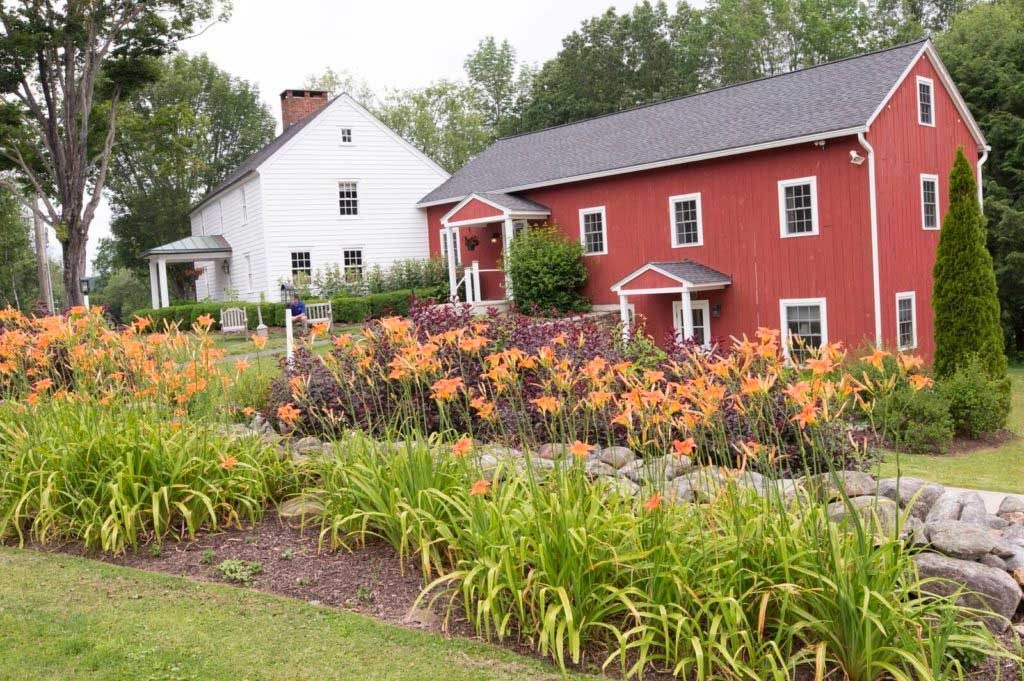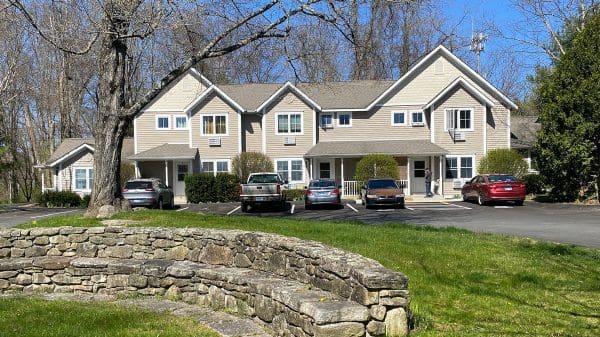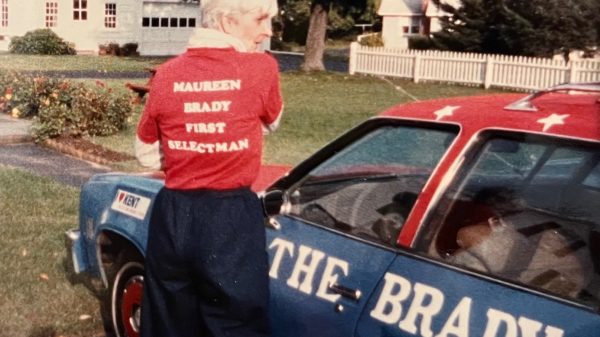KENT—The Connecticut Supreme Court will hold a hearing Thursday, Dec. 5, on the Planning and Zoning Commission’s appeal of an earlier decision allowing High Watch Recovery Center, Inc., to build a greenhouse on its Carter Road property.

The convoluted legal process began when the Planning and Zoning Commission denied High Watch’s 2020 application to build the greenhouse. High Watch took the issue to the state’s Superior Court, which supported the PZC’s decision.
High Watch then turned to the Connecticut Appellate Court, which last January overturned the Superior Court’s decision. The Appellate Court concluded that “the use of the proposed greenhouse reflected the nature and purpose of the existing, original use of the farm property, given that it would be placed on the existing garden and pasture area on the farm property where plants were already grown …”
It was noted that it would be near the existing house and barn on the farm property and it would permit High Watch to continue to grow fruits and vegetables to feed and support the residents and staff living on the residential property.
“This court concluded that the proposed greenhouse simply provided an improved and more efficient way to grow fruits and vegetables and to provide therapeutic agricultural services,” Judges Eliot Prescott, Robert Clark and Hope Seeley concluded.
The issue was not yet settled, however. The PZC immediately authorized Town Counsel Michael Zizka to file a Petition of Certification with the state’s Supreme Court in an attempt to reverse the Appellate Court’s decision. That process has inched forward throughout the year with both plaintiff and defendant filing briefs.
While a greenhouse might seem to be an inoffensive use, Kent’s Zoning Enforcement Office Tai Kern explained the PZC is persisting because the Appellate Court’s action would become case law. “It impacts not just Kent, but the entire state as to what it means to intensify or expand a non-conforming use,” she said.
The issue arose out of the rehabilitation center’s desire to build a hoop greenhouse, thereby, in the eyes of the Planning and Zoning Commission, intensifying the use of a special exception permit it issued in 2018.
In 2017, High Watch purchased a 70-acre farm across the road from its residential campus on Carter Road. At the time it purchased the property, the town’s zoning regulations allowed special permits for the operation of privately operated hospitals, clinics, nursing homes or convalescent homes.
High Watch asked for and received permission to use the farmland for therapeutic activities in conjunction with its residential treatment program, including equine therapy, a ropes course and climbing wall, and a therapeutic agricultural program.
Early in 2020, the zoning regulations were amended to prohibit such facilities in rural residential zones, making High Watch’s use of the farm nonconforming.
High Watch has increasingly used the property to grow outdoor crops under the oversight of its horticulturist. Hope House clients plant and maintain the vegetables and the food is used in the kitchen and in Wilson’s by High Watch, its cafe and bakery opened in 2021 in the center of Kent.
According to the High Watch website, the plan was to “grow the farm program exponentially,” with the greenhouse allowing food to be produced year-round. Plans were to expand that concept to ultimately include four greenhouses for vegetables and herbs as well as a large glass structure that would be reserved for growing flowers and houseplants.
The facility hoped to host farm-to-table dinners in the greenhouse to help promote High Watch and the Hope House farm and possibly to sell products such as wreaths from the farm through Wilson’s.
In August 2020, High Watch asked for permission to construct the greenhouse, saying it would allow it to grow more fruits and vegetables to feed its population. It did not argue that it would be consistent with the therapeutic agricultural use of the property.
After a 2020 public hearing, the PZC denied the application as “an impermissible expansion of a nonconforming use” and High Watch appealed to the Superior Court, stating that the greenhouse would be a permissible intensification of the prior use, and that evidence in the record did not support the PZC’s stated reasons for its denial.
The Superior Court did not agree and dismissed the appeal.
It asserted that the nonconforming use was limited to the precise terms of the 2018 special permit and the site plan submitted at that time, which did not detail any additional structures.
The court further found that a “reasonable interpretation” of High Watch’s stated reason for building the greenhouse was an “impermissible expansion of the nonconforming use.”
But the Appellate Court determined that “the trial court erred as a matter of law in concluding that the plaintiff’s valid nonconforming use of the farm property could not be intensified … because it arose from a special permit.”
This story was edited on Nov. 25, 2024 at 12:15 p.m. to reflect the correct spelling of High Watch Recovery Center, which had previously been reported as Highwatch.
































